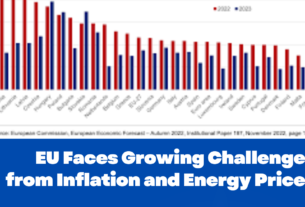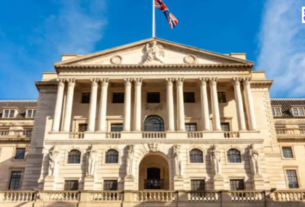The UK government is confronting a challenging economic outlook as growth slows and public spending pressures increase. Recent forecasts highlight the difficulty Chancellor Rachel Reeves faces in maintaining the government’s fiscal plans without resorting to unpopular measures such as tax hikes or spending cuts.
Economic growth is expected to remain subdued, while inflation and interest rates continue to influence household and business finances. This creates a difficult environment for balancing investment in public services with fiscal discipline. Analysts warn that the government’s current spending commitments may not be sustainable without additional revenue sources or significant efficiency gains.
Public services, including health, education, and policing, are under strain, with rising costs exacerbated by demographic changes and inflation. The government has pledged increased funding in these areas, but concerns persist over the feasibility of these promises given the tight fiscal constraints.
Chancellor Reeves has emphasized her commitment to growth-friendly policies and managing public finances prudently. However, the Office for Budget Responsibility has warned that the government is operating with little room for error. A slight downturn or unexpected financial pressures could force difficult choices later this year.
As the autumn budget approaches, the government must carefully navigate between supporting economic recovery, delivering on public service promises, and maintaining fiscal credibility. The path ahead is uncertain, and policymakers face a complex balancing act amid an evolving economic landscape.




